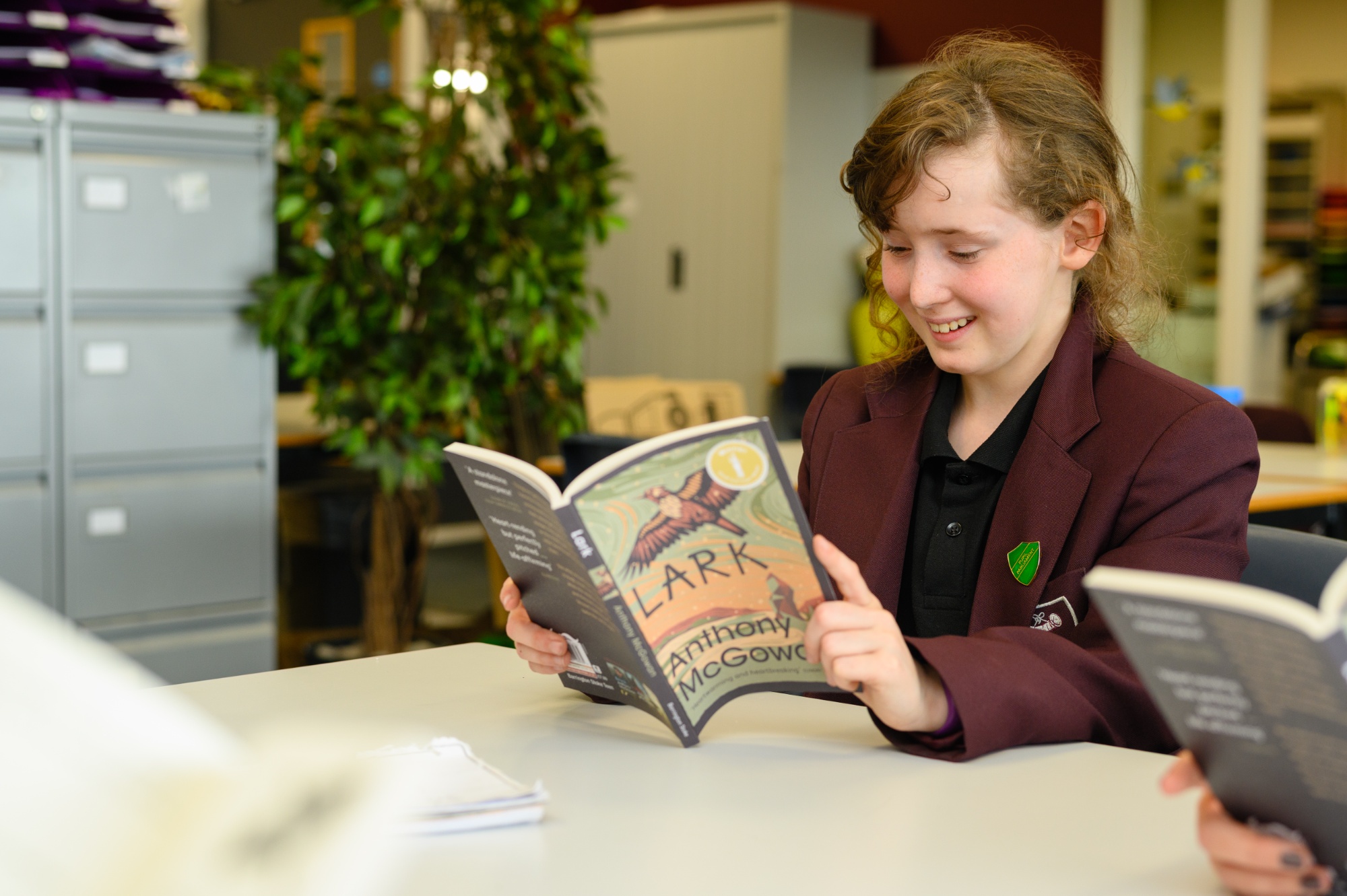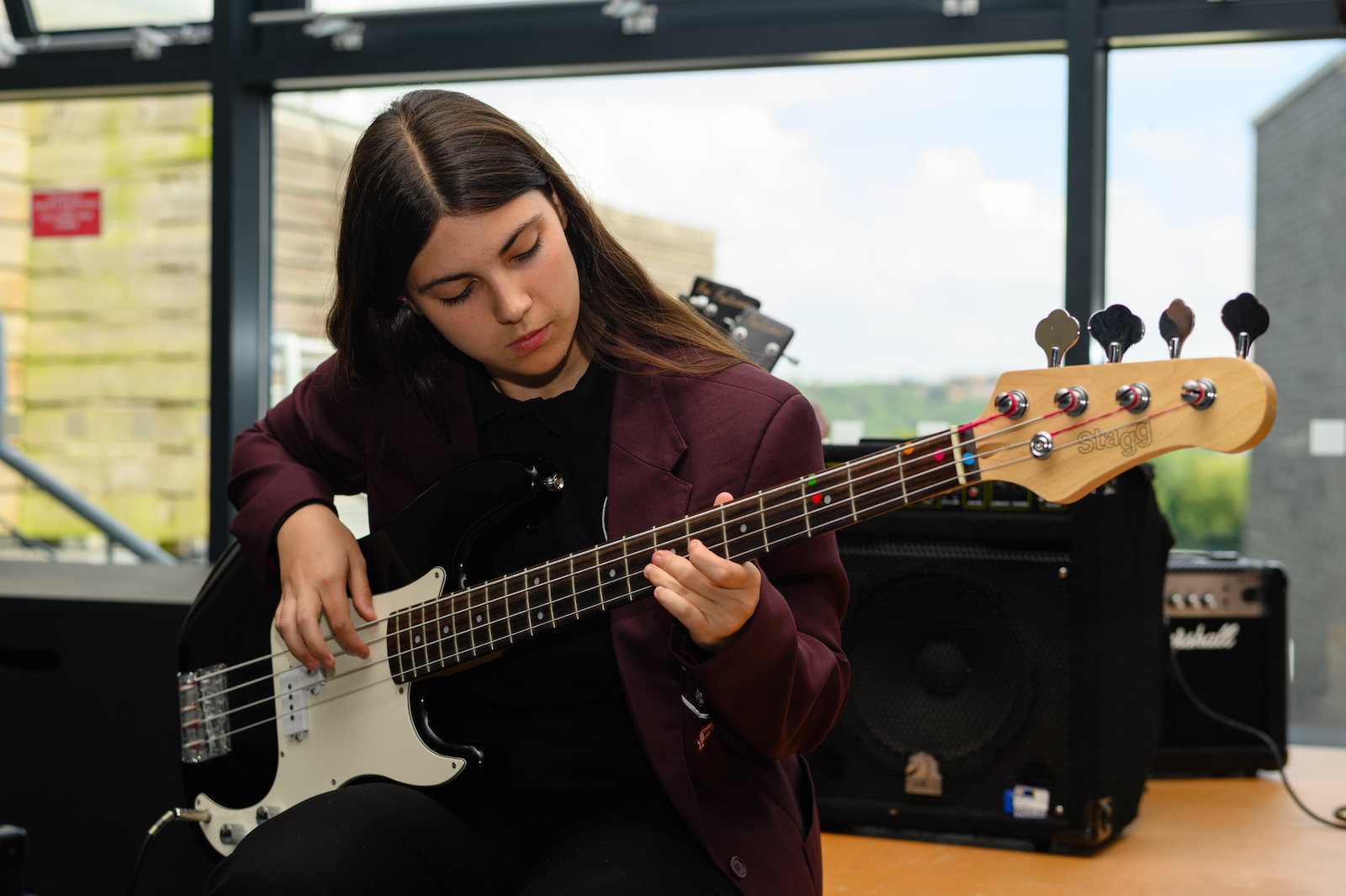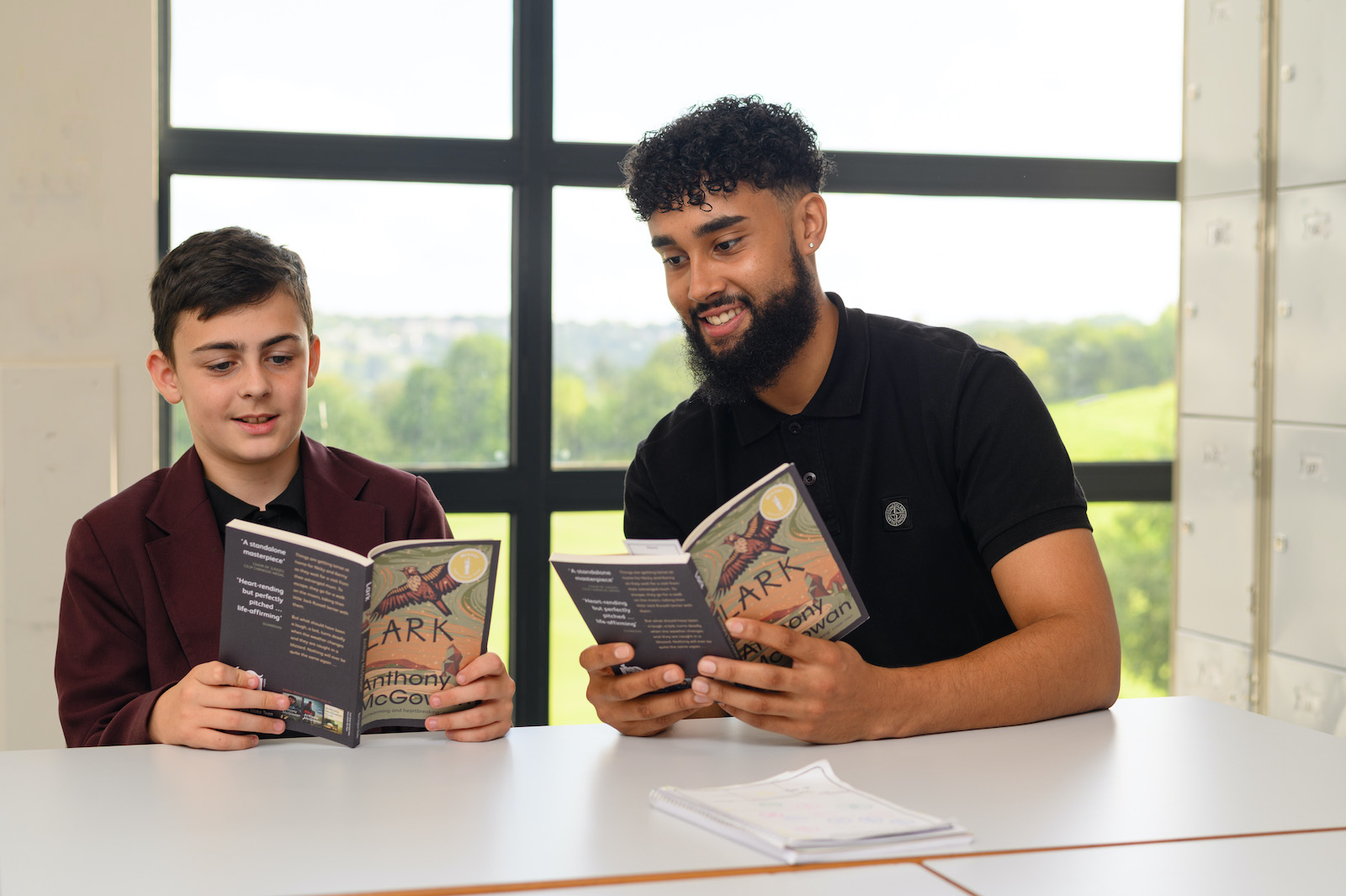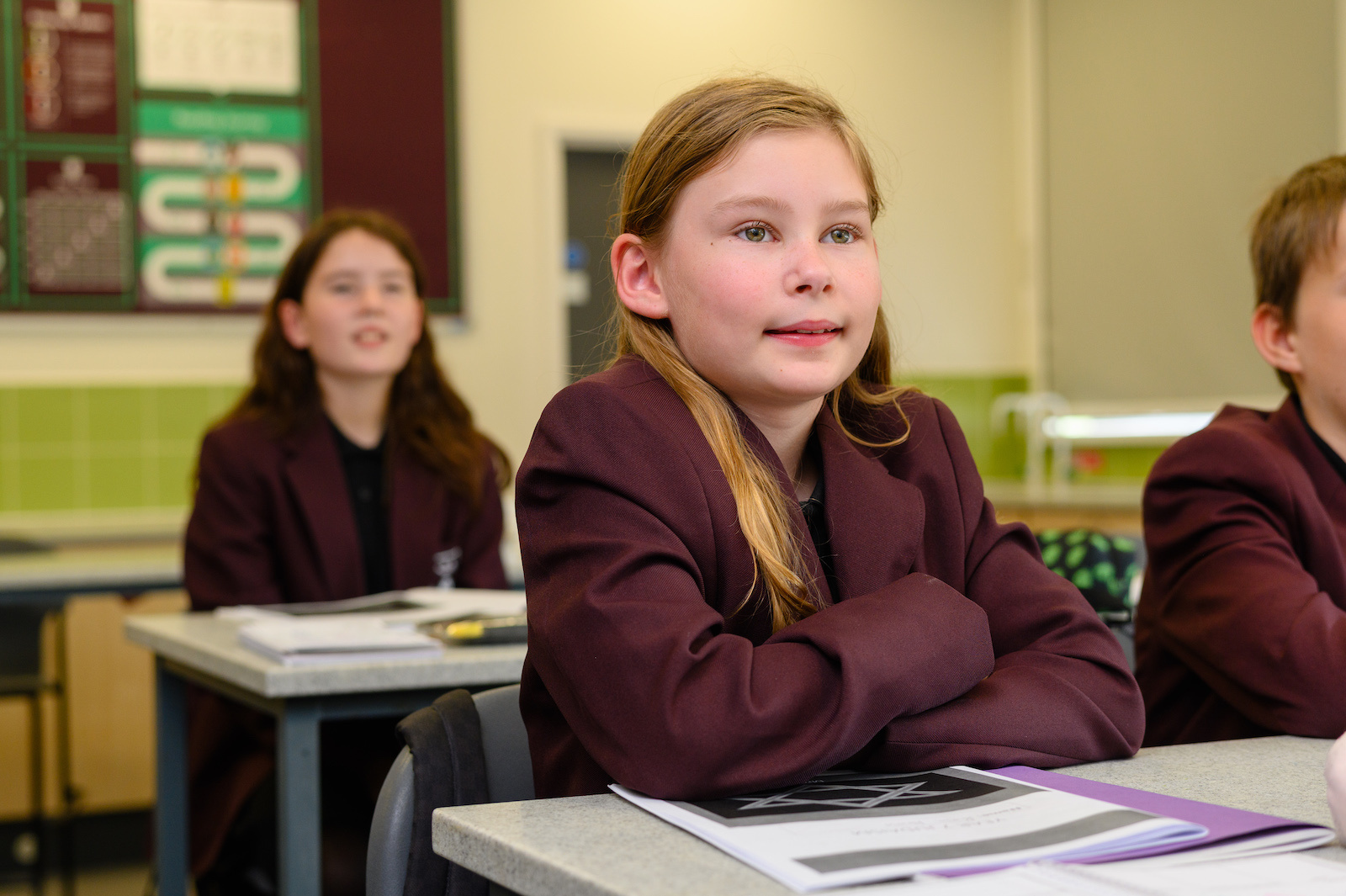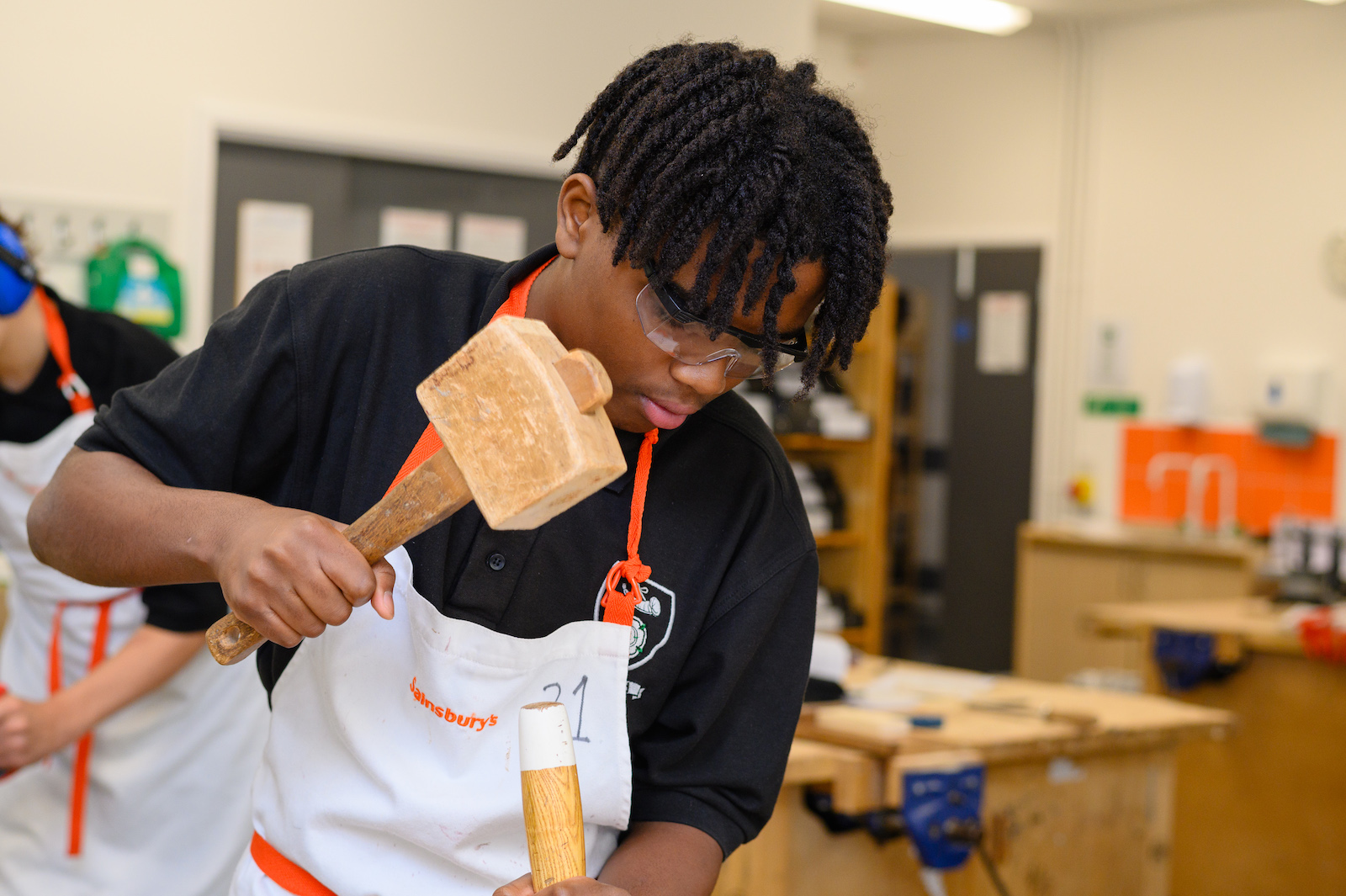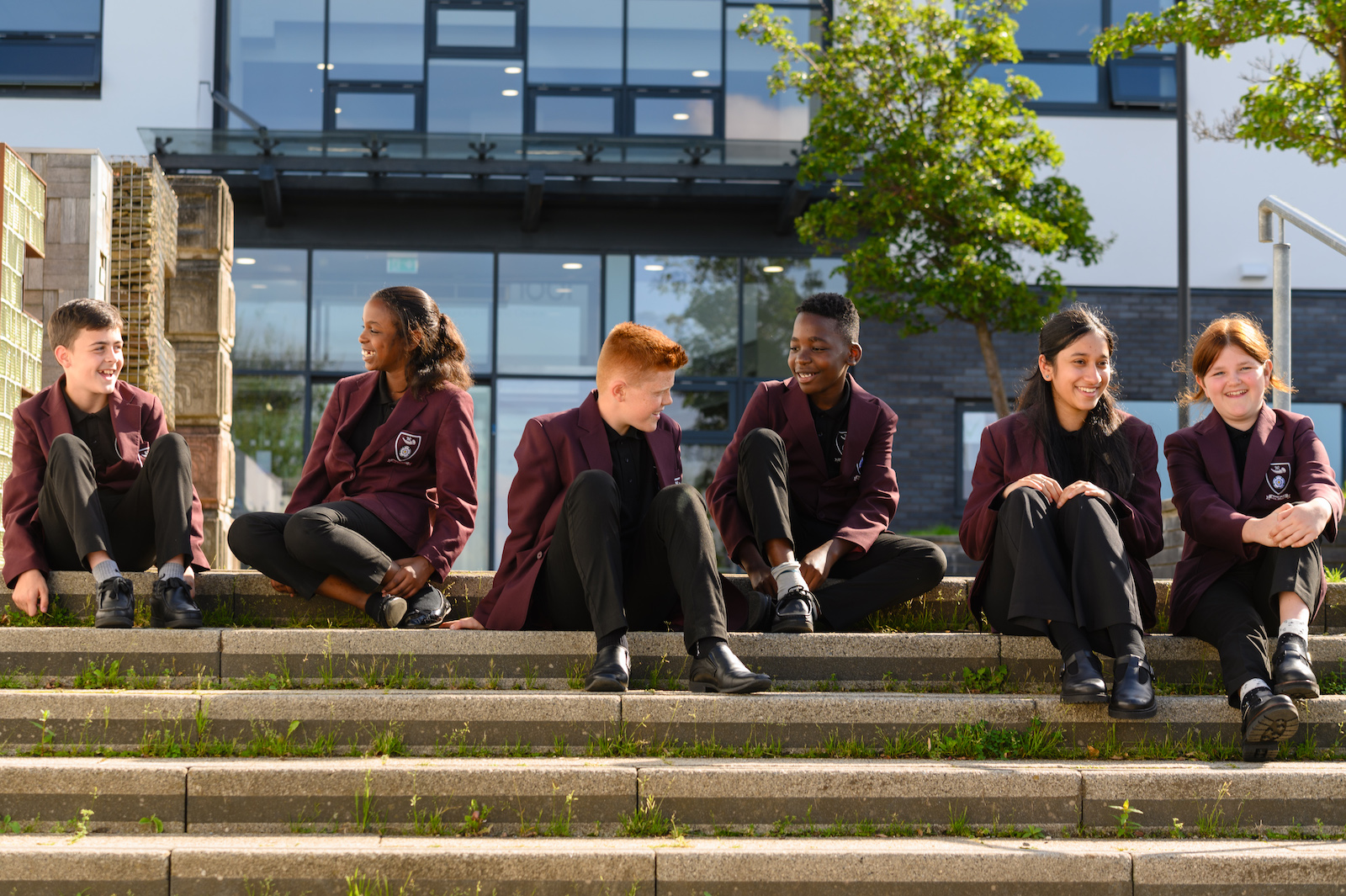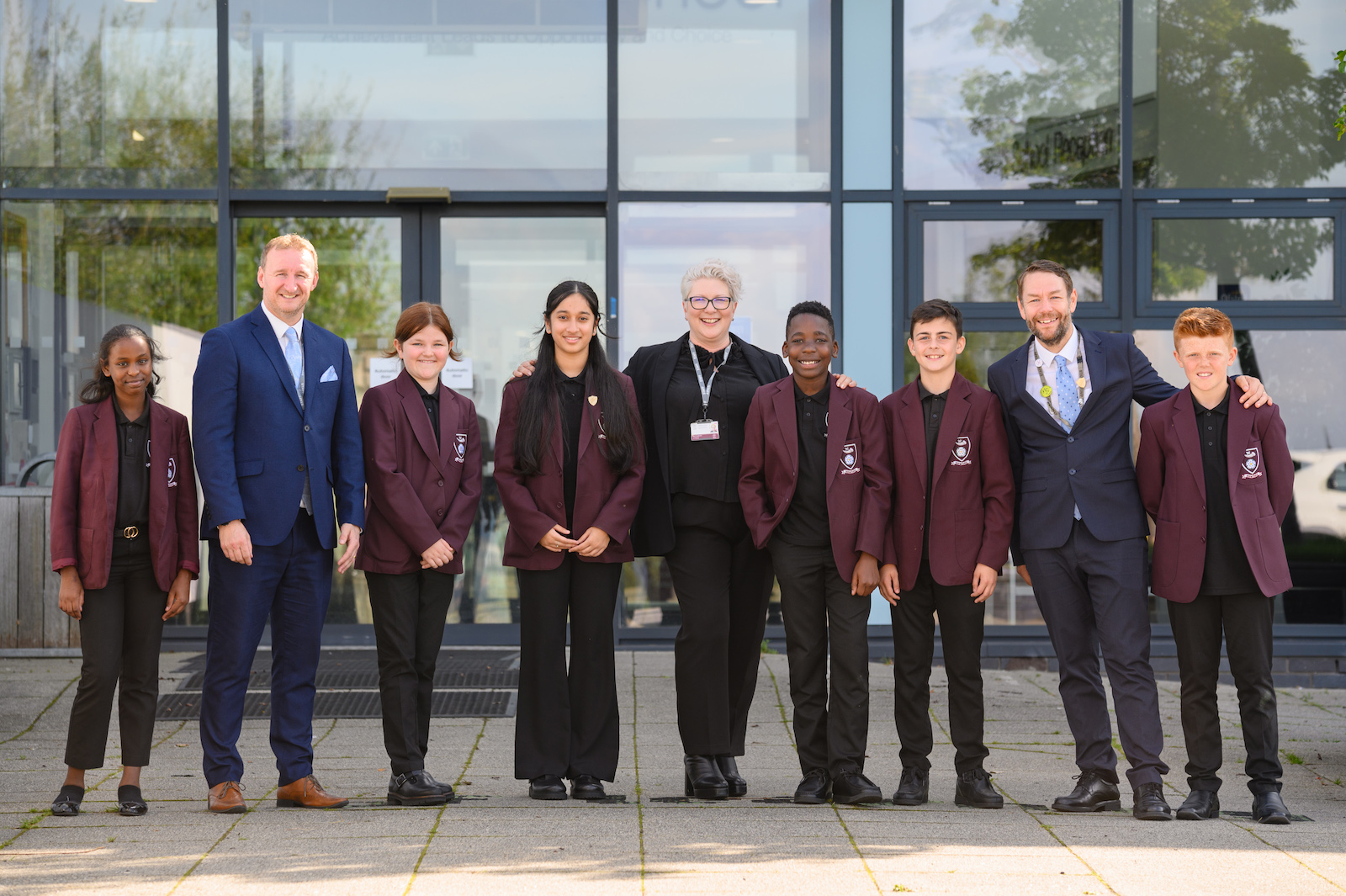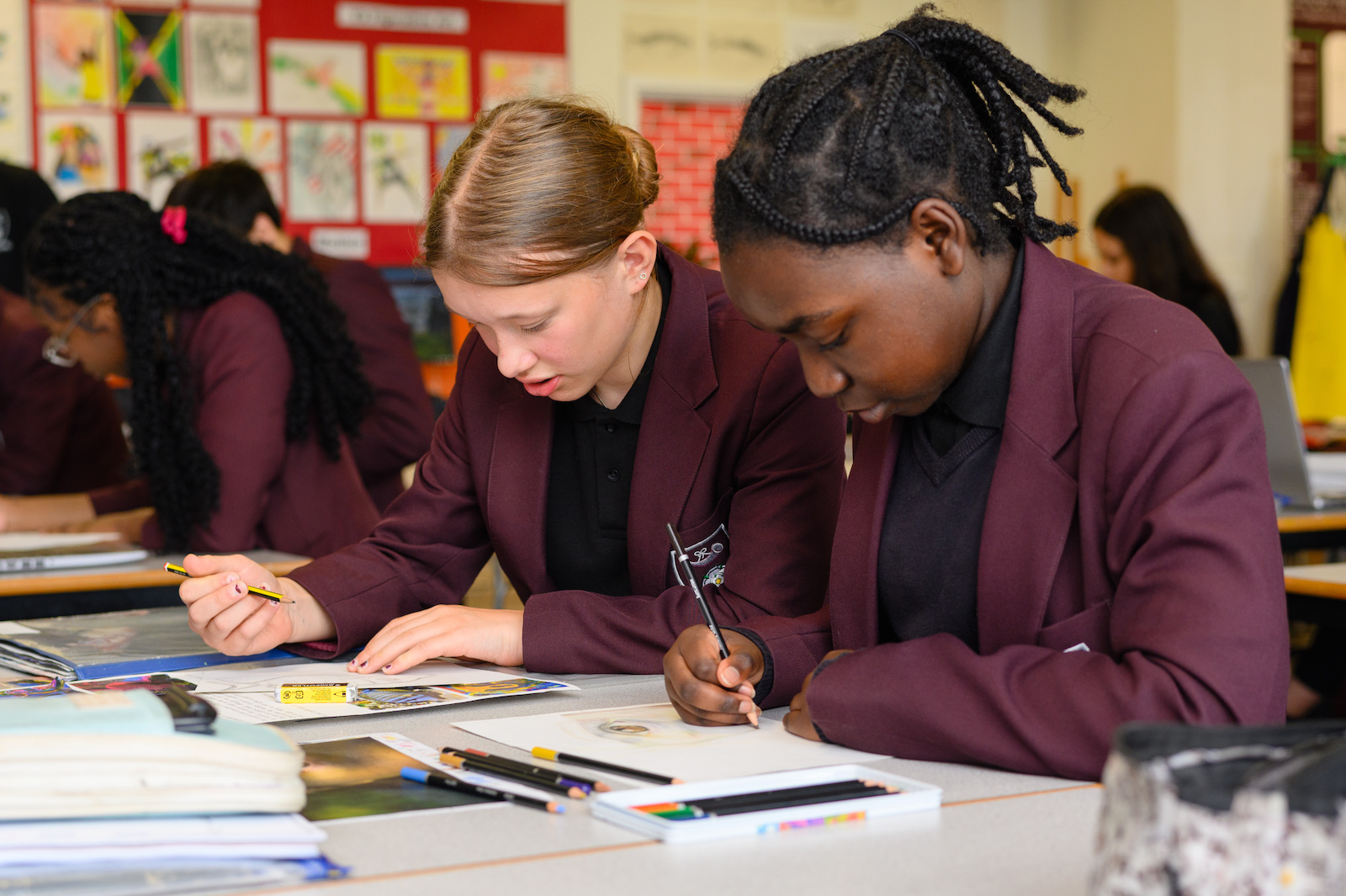Spanish
We aim to broaden students’ outlook and foster a curiosity about the world outside the UK. We want to inspire students to travel and to experience other cultures and ways of life. Studying foreign languages allows students to connect on a more personal level with others around the world. It gives students the opportunity to discover different traditions, customs, foods and festivals that will enrich their lives.
At Newfield we are developing global citizens who are comfortable with difference, who understand that linguistic and cultural variation is to be welcomed not feared.
Through the study of another language, we believe students gain a more powerful understanding of their own and other languages.
Research tells us that people who speak a foreign language are more cognitively creative and mentally flexible than there monolingual peers and that bilingual people stay cognitively healthy for longer in their later years.* Thus we are aligned with the government’s view that all students in key stage 3 should study a foreign language. We welcome all students to continue their study into key stage 4 in the belief that it provides academic challenge and helps to create well rounded young people.
To support students in their language acquisition, lessons are knowledge rich, giving learners the opportunity to practise and develop their language in all skill areas. The memorisation of vocabulary is underpinned through choral repetition and frequent, varied retrieval tasks. We also encourage vocabulary acquisition through vocabulary tests or quizzes. The scheme of learning interleaves core knowledge and grammatical skills to facilitate memorisation. Students’ learning is also aided with the use of vocabulary booklets in all year groups. Students use these to support them in lessons, at home to revise vocabulary or to revise for assessments. It is also a useful aid if students are unavoidably absent from lessons.
Our curriculum has been developed to give students a broad base of knowledge in KS3. They are taught vocabulary in topic areas which is underpinned by a clear grammatical progression. We also teach students about the culture and people of Spain and Latin America.
Summary
We support students' foreign language acquisition through lessons that allow them to practice and develop their skills. Memorisation of language is reinforced through choral repetition and frequent, varied retrieval tasks. The scheme of learning interleaves core knowledge and grammatical knowledge to facilitate memorisation.
We intend to foster a curiosity about the world outside the U K, inspire students to travel and experience other cultures. We want to develop global citizens who are comfortable with difference and equip them with the language skills needed to connect with others around the world.
Key Stage 3
In lower school we teach students for two lessons per week.
In Y7, students will learn to talk about themselves and their families. In addition, they will also learn to give their opinions on school subjects, to talk about their homes and their interests. The phonics of the Spanish language will be taught as will key areas of grammar. These include; the present tense of AR, ER and IR verbs, the present tense conjugations of important irregular verbs, adjectival agreements and the near future tense.
In Y8, students will learn to talk about a recent holiday, discuss their taste in music and TV, talk about food, going out and clothes. In terms of grammar, students will look at the preterite tense, review the near future, reflexive verbs, making comparisons and the superlative.
In Y9, students will learn to talk about the world of work, healthy lifestyles, fair trade, the environment and world issues. We will review the use of the preterite and near future tenses adding the conditional and future tenses to students’ skill set. In addition, we will look at more complex structures and the use of idioms.
GCSE
In Y10 and Y11 we teach students for three lessons per week. We follow the AQA GCSE course in Spanish and continue to base materials around the Viva course book. We encourage students to read and listen to as much authentic Spanish as possible.
In Y10, students study modules on self, family and friends, hobbies and interests, school and the world of work.
In Y11, students look at holidays, food, customs and festivals, the environment and their hometown.
*(Guardian article 2014– What happens in the brain when you learn a language?)

